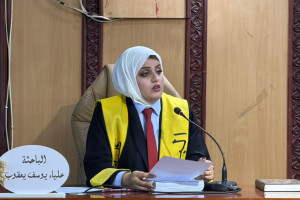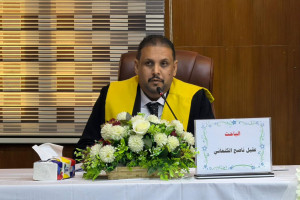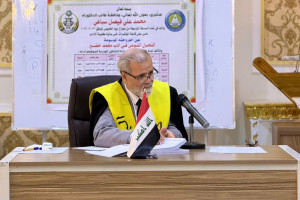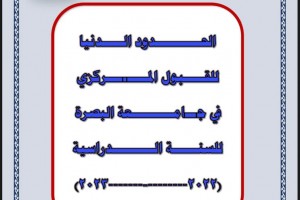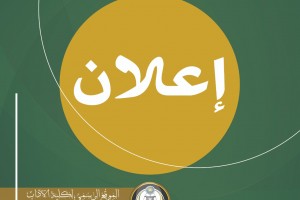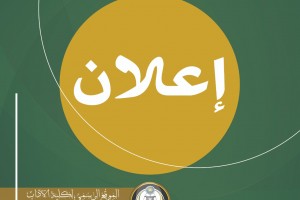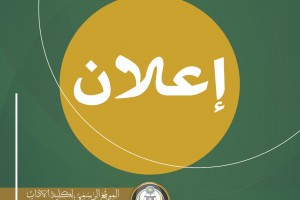

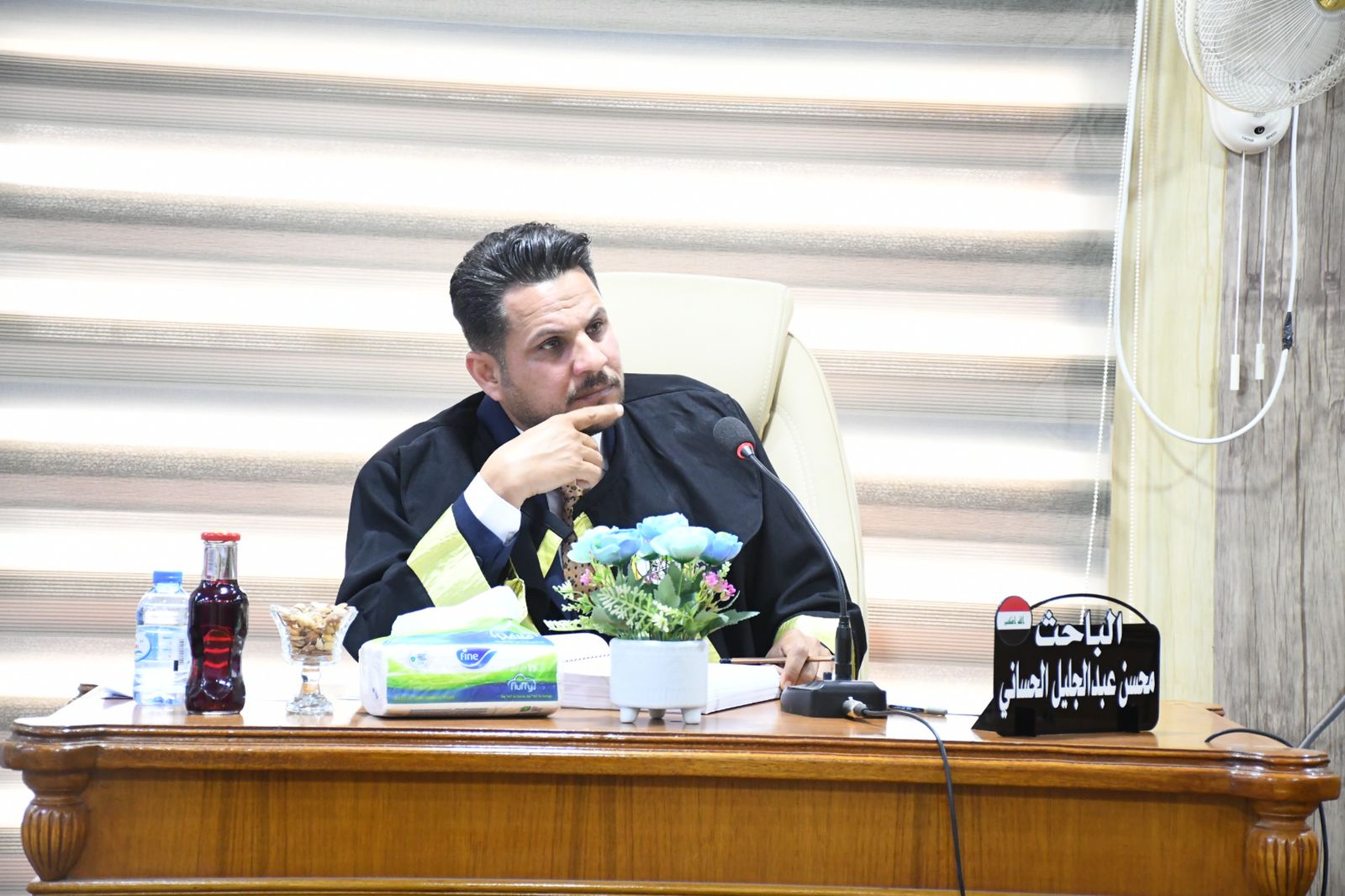
On Thursday morning, 10/2/2022, a master thesis entitled “Economic Life in Hadhramaut before Islam, a Historical Study” was discussed at the Department of History at the College of Arts / University of Basrah.
The thesis presented by the student Mohsen Abdul-Jalil Al-Hassani included an introduction, four chapters and a conclusion. The introduction dealt with the scope of the research and the presentation of the sources, the first chapter discussed the geography and population of Hadhramaut before Islam, the second chapter included water resources and agricultural crops in Hadhramaut before Islam, the third chapter discussed industry in Hadhramout before Islam, and the fourth chapter dealt with trade in Hadhramaut before Islam.
The thesis showed the importance of the strategic geographical location of Hadhramaut in their control of trade between the countries of the ancient world, and also the diversity of terrain and the nature of the climate had a role in the diversity of agricultural crops in Hadhramaut. The thesis also introduced the most important tribes that inhabited Hadhramaut and the resulting different relations between those tribes with the effect of the neighborhood. The prosperity of important historical cities such as Shabwa, Qena, Mayfa'a, Mazhab and Damoun in Hadhramaut, and the importance of these cities in agricultural, industrial and commercial activity are also discussed.
The study also discussed the experience of the people of Hadhramaut in using the means of irrigation, whether from springs, wells, canals and tanks, and their experience in exploiting the land and making it suitable for agriculture. A group of crafts and handicrafts flourished in Hadhramaut, such as the textile industry, dyes industry, leather tanning, carpentry, blacksmithing, gold and silver industries, perfumery and shipbuilding.

